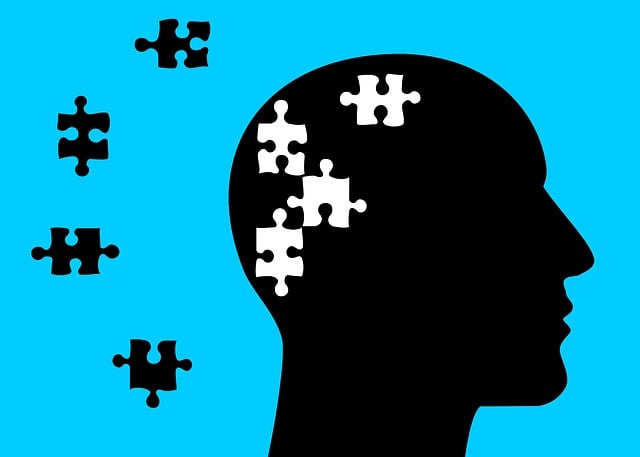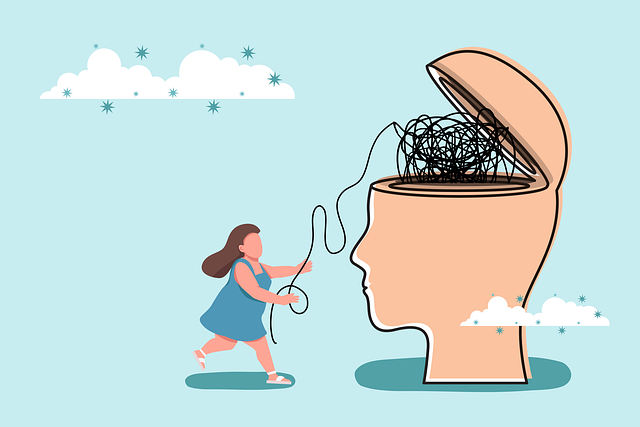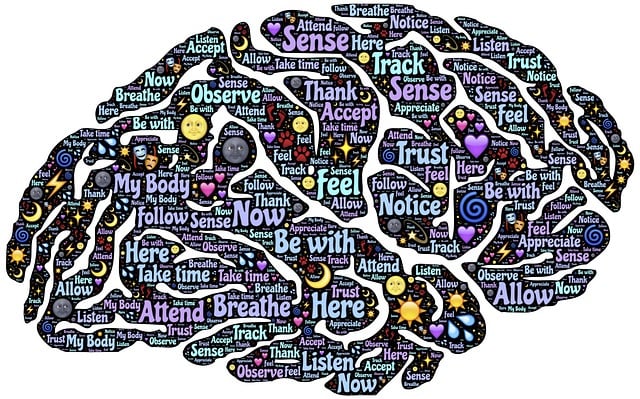Mental health policy advocacy is vital for supporting individuals at Littleton Veterans Therapy and similar services. By understanding complex government, healthcare, and community dynamics, advocates can drive change to align policies with best practices. Effective strategies include stigma reduction, evidence-based conflict resolution for improved care access, and self-esteem improvement initiatives, ultimately fostering an inclusive environment for recovery and well-being. Littleton Veterans Therapy leads in mental health innovation, integrating advanced practices like Mental Health Education and Compassion Cultivation to treat conditions such as anxiety. They advocate for policy reforms emphasizing accessible, affordable care and holistic approaches, promoting tailored, comprehensive mental well-being support within communities.
Mental health policy analysis and advocacy are vital components in ensuring equitable access to quality care. This article delves into the critical areas of understanding mental health policy and its impact, exploring how organizations like Littleton Veterans Therapy shape these policies. We examine effective advocacy strategies and their profound effects on mental healthcare accessibility. By analyzing these key aspects, we aim to highlight the importance of continuous efforts in promoting comprehensive mental wellness support.
- Understanding Mental Health Policy: A Foundation for Advocacy
- The Role of Organizations Like Littleton Veterans Therapy in Shaping Policies
- Effective Strategies for Advocacy and Their Impact on Mental Healthcare Access
Understanding Mental Health Policy: A Foundation for Advocacy

Mental health policy is a cornerstone for advocating for individuals affected by mental illness, such as those seeking services at Littleton Veterans Therapy. Understanding the intricate web of government regulations, healthcare systems, and community support networks is essential to effecting meaningful change. This knowledge base empowers advocates to navigate complex systems and ensure policies align with best practices in mental health care.
Effective advocacy builds upon this foundation by addressing crucial aspects like reducing the stigma surrounding mental illness, implementing evidence-based Conflict Resolution Techniques to improve access to care, and fostering Self-Esteem Improvement initiatives. By focusing on these areas, advocates can contribute to a more inclusive and supportive environment where individuals receive the necessary tools and resources for recovery and well-being.
The Role of Organizations Like Littleton Veterans Therapy in Shaping Policies

Organizations like Littleton Veterans Therapy play a pivotal role in shaping mental health policies and advocating for much-needed change. These therapy centers often serve as hubs for innovation, integrating cutting-edge practices such as Mental Health Education Programs Design and Compassion Cultivation Practices to address various psychological conditions, including anxiety relief. By staying at the forefront of research and treatment methodologies, they provide valuable insights to policymakers.
Through their extensive experience and specialized services, these organizations highlight the gaps in existing mental health systems. They advocate for policy reforms that prioritize accessible and affordable care, evidence-based treatments, and holistic approaches like mindfulness practices. Such initiatives ensure that individuals receive comprehensive support tailored to their unique needs, fostering better mental well-being within communities.
Effective Strategies for Advocacy and Their Impact on Mental Healthcare Access

Effective advocacy strategies play a pivotal role in shaping mental healthcare policies and ultimately improving access to essential services. One powerful approach is to highlight the impact of early intervention and prevention programs, such as those offered by organizations like Littleton Veterans Therapy. By emphasizing the long-term benefits of investing in community-based initiatives, advocates can influence decision-makers to allocate more resources for mental health support. This includes promoting programs that foster inner strength development and coping skills, ensuring individuals have the tools to navigate life’s challenges effectively.
Additionally, advocating for integrated healthcare systems that incorporate self-awareness exercises and holistic treatment methods can significantly enhance recovery outcomes. These strategies not only improve access but also encourage personalized care, catering to diverse mental health needs. Ultimately, a well-advocated policy landscape can lead to more inclusive and effective mental healthcare, benefiting individuals seeking support, including veterans and other vulnerable populations served by specialized therapy centers like Littleton Veterans Therapy.
Mental health policy analysis and advocacy are vital components in ensuring equitable access to quality mental healthcare. By understanding the intricate landscape of mental health policies, organizations like Littleton Veterans Therapy play a crucial role in shaping interventions that resonate with diverse communities. Through effective strategies, these advocates drive significant changes, improving mental healthcare accessibility and ultimately enhancing the well-being of those in need. This collective effort underscores the power of policy analysis and advocacy in fostering a more supportive and inclusive society for mental health.














